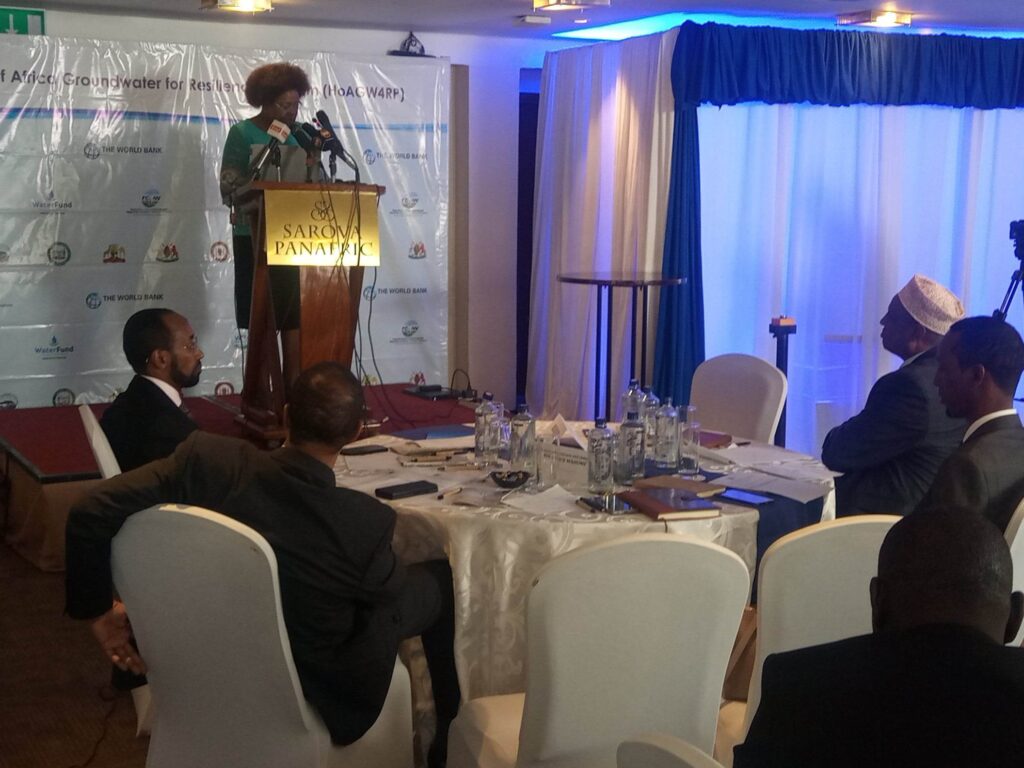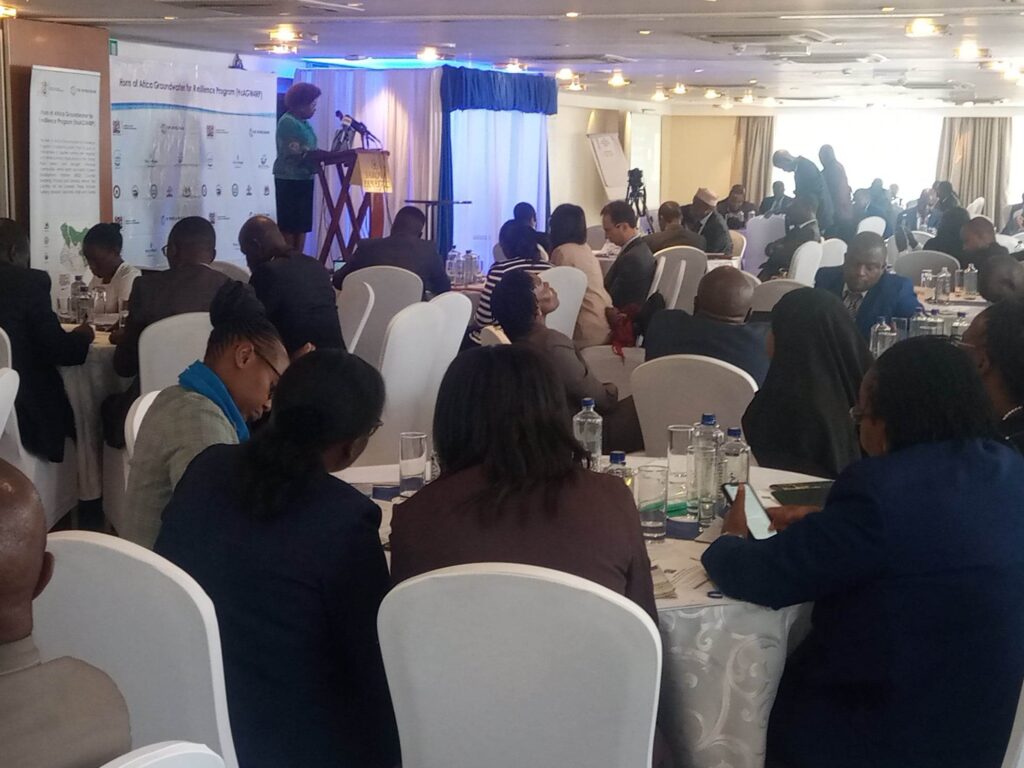
The European Investment Bank is partnering with the citizen-engagement platforms, Debating Africa (https://Debating.Africa/) and Debating Europe (https://www.DebatingEurope.eu/), on a focus group project asking 100 young people, aged between 18-35, about their concerns around some of the major challenges facing the world today.
As summarized in the report, “Securing Our Future: 100 African & European Voices on Climate Change, Conflict and Security”, the focus groups found that young people from both Africa and Europe are very concerned about the future in a world threatened by climate change. Every single European and most African participants cited it as a major concern while those from Africa who did not, often raised other threats that they perceived as driven by climate change, such as food insecurity, severe weather events, and adverse economic conditions. Participants from both continents were keenly aware of the interlinkages between climate change and other threats such as migration, resource scarcity, and violent conflicts.
The focus groups also explored the role of international institutions and how they should respond to the climate emergency. They found:
- Both African and European young people felt there should be more funding for alternative sources of energy, particularly renewables.
- Linked to their support for renewables, Europeans wanted to see countries end the use of gas, oil and coal and any subsidies these sources of energy received.
- Africans wanted climate change interventions to focus less on the global threat and more on the current impact on Africa, notably the effects on food and energy security.
- Participants urged partnerships between governments and institutions on mitigation and adaptation projects.
On November 16 at UN Climate Conference (COP27) in Egypt, at 13.30 EET, we will be holding a panel discussion on “Securing our Future” as well as the latest results of the fifth edition of the EIB Climate Survey (http://bit.ly/3V3aIWf). We will gather some of the focus group participants with representatives from all three partner organizations to discuss the findings and solutions with delegates and experts within our network. You can join the discussion here: http://bit.ly/3hMYIK9.
Background information:
Participants were divided into three groups: English-Speaking European, English-speaking African, and French-speaking African.
The focus groups were conducted virtually via Zoom and lasted for one hour. Participants were compensated for their involvement. Focus groups were led by an experienced moderator and ranged from 4 to 10 participants each. We have only used first names to protect the anonymity of participants, but several participants chose pseudonyms.
European participants came from Germany, Italy, France, Greece, Slovakia, Portugal, Spain, Poland, Hungary, Czechia, Romania, Bulgaria, the Netherlands, Ireland, Estonia, Slovenia, Latvia, Belgium, and Finland; English-speaking African participants came from Nigeria, South Africa, Kenya, Ghana, and Malawi; French-speaking African participants came from Cameroon, Chad, Benin, Senegal, Algeria, Morocco, Ivory Coast, Mauritania, Tunisia, the Democratic Republic of the Congo, and Mali.
Debating Europe was launched in 2011 and has taken a bottom-up approach from the beginning, with citizens very much in the driving seat of the debate, asking the questions they want answered and putting forward their opinions for politicians and thought-leaders from across the EU and beyond to react to.
Since launch, Debating Europe has interviewed more than 3,000 policymakers and experts from across the political spectrum. Each has agreed to answer some of the 200,000 comments sent to us from citizens online, including from over 271,000 followers on Facebook and Twitter.
In 2021, Debating Africa was launched, adopting the same approach and encouraging a pan-African debate on shared challenges such as climate change, security, trade, and development. As international challenges require international dialogue, Debating Europe and Debating Africa frequently co-operate on joint projects to bring voices from both continents to the table with politicians and experts.
Debating Europe is an initiative of Friends of Europe, the Brussels-based think tank for a more sustainable, inclusive and forward-looking Europe.
Debating Africa’s work is rooted within the Africa-Europe Foundation, established by Friends of Europe, the Mo Ibrahim Foundation, in partnership the African Climate Foundation and ONE Campaign, to empower a narrative shift about the relations between Africa and Europe.
EIB at COP27
The EIB is running a series of events at COP27. You will find the full agenda here (http://bit.ly/3UFKzNL). You are welcome to join our virtual attendee hub to watch the sessions either live or later at your convenience, and network with attendees. With an easy two-step registration process, you will always have the latest information on our agenda.
The European Investment Bank (EIB) is the long-term lending institution of the European Union and is owned by the EU Member States. The EIB Group has adopted a Climate Bank Roadmap (http://bit.ly/3UyBar7) to deliver on its ambitious agenda to support €1 trillion of climate action and environmental sustainability investments in the decade to 2030 and to deliver more than 50% of EIB finance for climate action and environmental sustainability by 2025. As part of the roadmap, all new EIB Group operations have been aligned with the goals and principles of the Paris Agreement since the start of 2021.
EIB Global (http://bit.ly/3AMfXRX) is the EIB Group’s new specialized arm dedicated to increasing the impact of international partnerships and development finance. EIB Global is designed to foster strong, focused partnerships within Team Europe (http://bit.ly/3qhWSC0), alongside fellow development finance institutions and civil society. EIB Global brings the Group closer to local people, companies and institutions through our offices across the world (http://bit.ly/3ASvr6H).
 The Dedan Kimathi Foundation has continued to underscore the importance of stakeholders working in synergy in order to achieve the 15 Billion trees which the government envisages in a bid to address the issue of climate change.
The Dedan Kimathi Foundation has continued to underscore the importance of stakeholders working in synergy in order to achieve the 15 Billion trees which the government envisages in a bid to address the issue of climate change. “We greatly appreciate the framework of collaboration between us and the service in which, Kenya Forest Service has provided more than half of the 2 million trees the foundation has planted over the last 3 years,” Evelyn Kimathi the Chief Executive Officer of Dedan Kimathi Foundation noted.
“We greatly appreciate the framework of collaboration between us and the service in which, Kenya Forest Service has provided more than half of the 2 million trees the foundation has planted over the last 3 years,” Evelyn Kimathi the Chief Executive Officer of Dedan Kimathi Foundation noted.




















